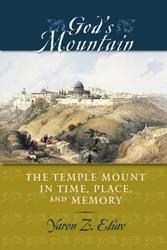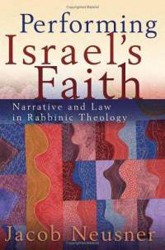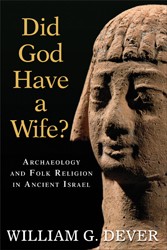Myers, a meticulous scholar and a lucid writer, makes a valiant effort to cast Rawidowicz as a brave prophetic voice, a forerunner of today’s concerns with the human rights of Palestinian refugees. But much more influential figures than Rawidowicz made similar arguments in Israel’s early years. And for Rawidowicz, who had little sympathy for Arabic culture and civilization, the Arabs were less important as human beings than as characters in a Jewish drama.
Rawidowicz, a life-long champion of Diaspora Judaism, was deeply apprehensive of the moral taint of wielding state power. In that sense he anticipated the contemporary notion of the purity of powerlessness, which Amos Oz has called “ethical kitsch.” Myers, while sympathetic to Rawidowicz’s views about Palestinian refugees, allows us to see his subject as an intellectual eccentric who was ultimately marginal to the discourse of his time. Appendices, bibliography, notes.
Bob Goldfarb is President Emeritus of Jewish Creativity International.





